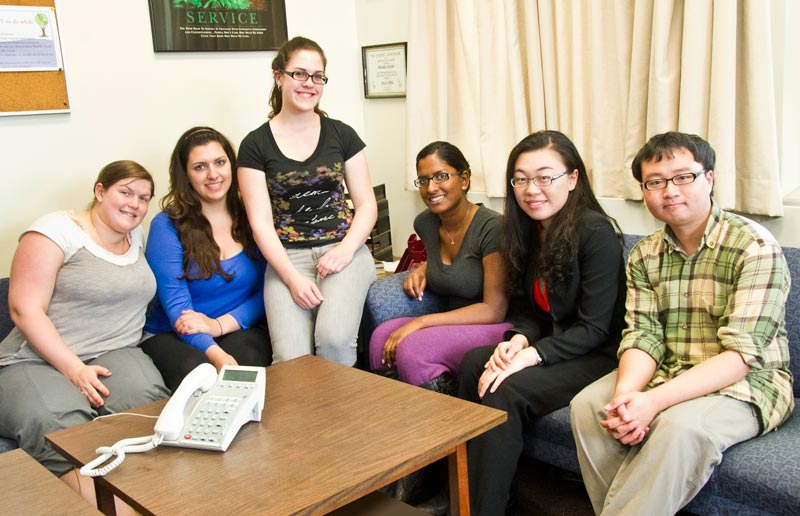Considering Counseling?
Winter
2013
Special Feature
Considering Counseling?
Some things to expect
By:M. Dolores Cimini, Licensed Psychologist, Director of the Middle Earth Peer Assistance Program at the University at Albany, State University of New York
Deciding to seek counseling can be a difficult step, but it can also be the first step in making a change.
Counseling involves attending regularly scheduled sessions with a professional, talking about what is bothering you as openly and honestly as you can, and sometimes completing tasks or “homework” assignments. Moving forward through counseling often means recognizing that you may need to change the way you think, feel, or behave. Usually, you must try out new ways of doing things. Also, in the course of counseling, you may come to realize that things you once thought of in only a positive or negative way can be viewed a bit differently. The challenge of pushing your limits may cause some frustration, but with commitment and practice, you will find that you can feel better, stretch your limits, and find new and exciting aspects of yourself. //
Resources
Suicide Prevention
The American Foundation for Suicide Prevention (AFSP) has a 24-hour hotline you can call (1-800-273-8255) and
resources online at www.afsp.org.
Mental Health Resources
ULifeline is an online mental health resource designed especially for college students. It contains information about a variety of mental health topics, mental health self-assessments, strategies to help yourself or a friend who may be experiencing a mental health concern, and a searchable listing of campus resources for assistance. ULifeline can be found at www.ulifeline.org.

